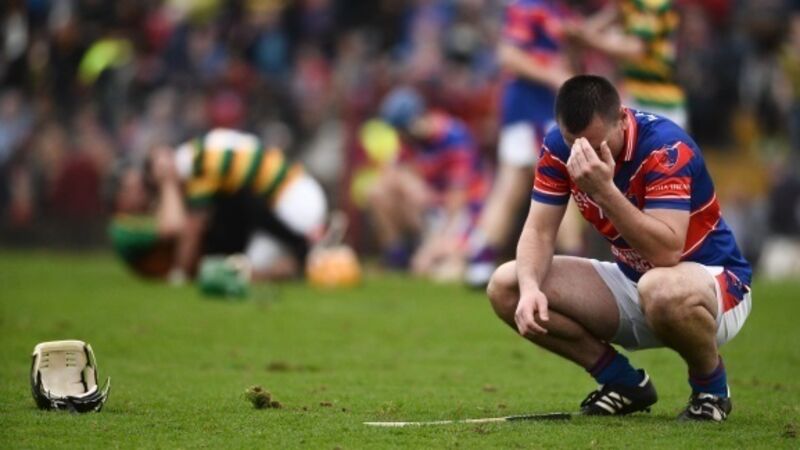Is it all about the money or looking after club players?

Andy McEntee has done the GAA’s club players a huge service by his courage in calling out the ongoing contempt with which they are treated within the GAA.
McEntee, who trained Ballyboden St Enda’s to win the All-Ireland Club Football Championship and who now takes up a new position as Meath senior football manager, is uniquely placed to survey the state of the club game.












